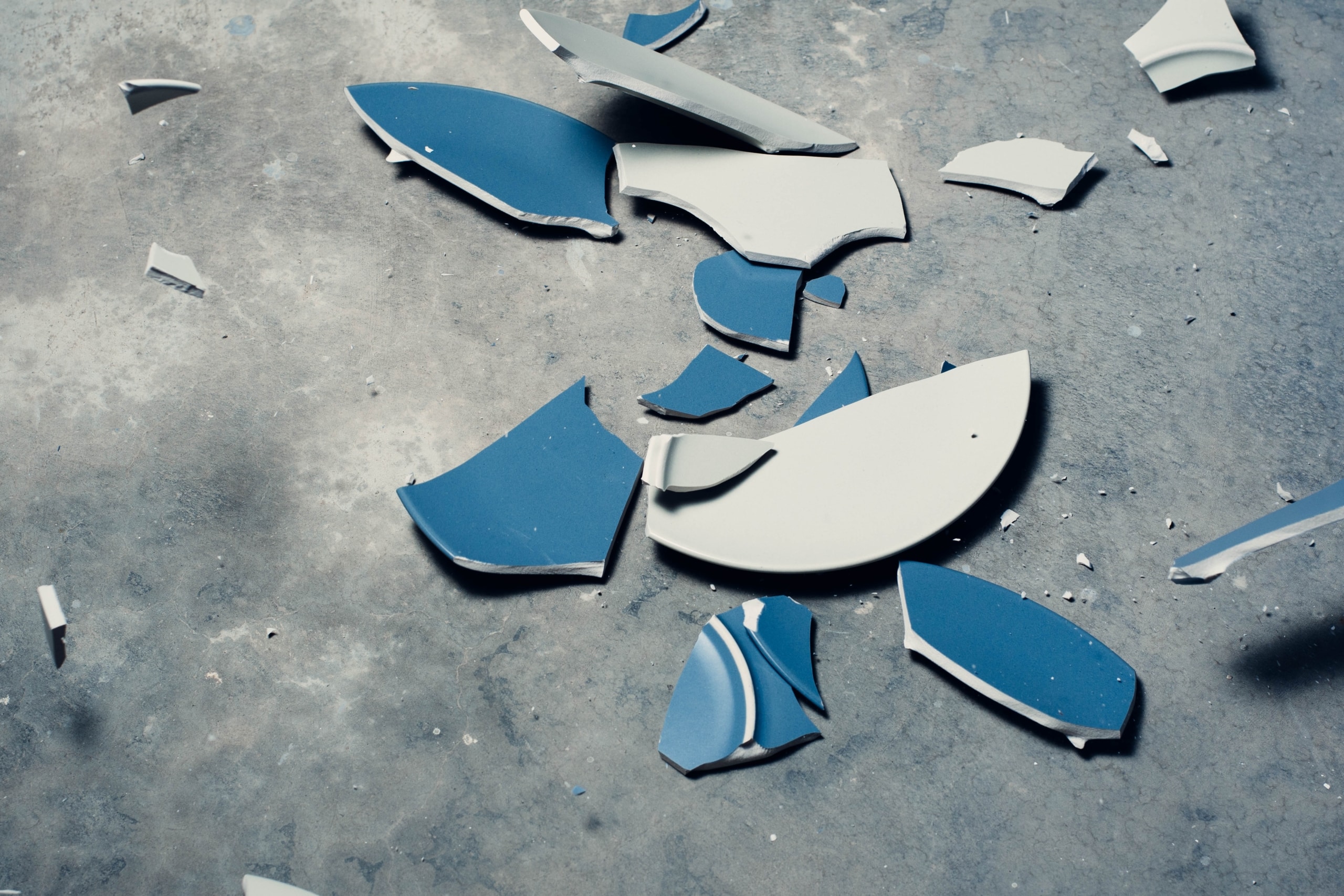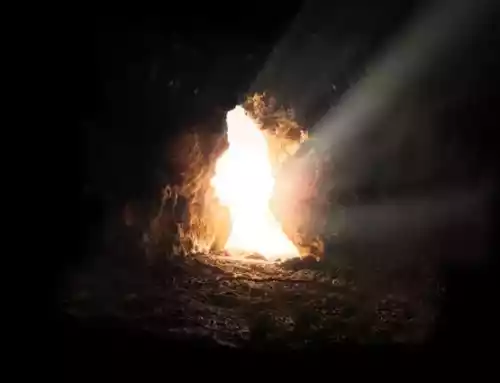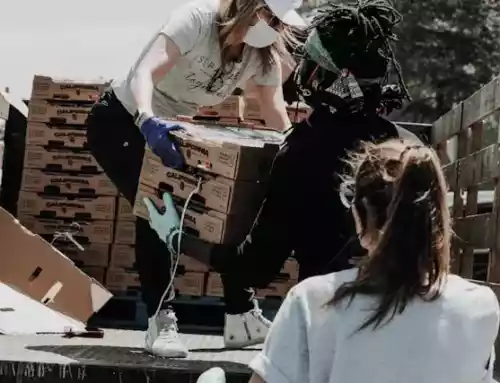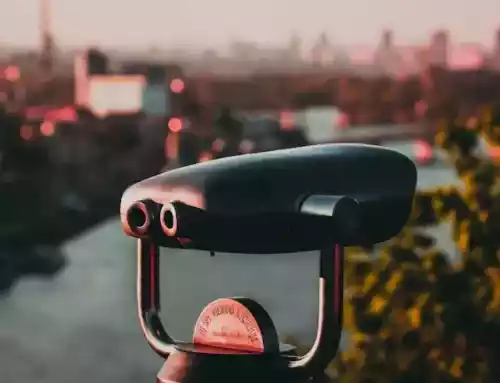How do you react to broken things?
This question was put to me recently (by Bryan Stevenson at a CCCU conference in Dallas) and I have been mulling it over ever since. We live in a society that shames broken things. Our incarceration rate and prevalence of the death penalty are extreme examples. But there are plenty others. I am not talking about woundedness. We have a lot of capacity for woundedness. A lot of empathy. I am talking about broken things. We are very uncomfortable, to say the least, with broken things. At least I am. And that discomfort morphs quickly into fear.
Killing Broken Things
And so, my first impulse is to want to kill broken things. I want to eradicate them. Pedophiles. Terrorists. Racists. Murderers. Only broken things are capable of these kinds of atrocities. And I want to see them destroyed.
Why do we want to kill broken things?

If I am honest, I think the reason I want to destroy broken things is because if I can destroy the brokenness in them, I won’t have to address it within myself. I am afraid of brokenness, chiefly my own. So I superimpose my brokenness onto the imperfection of others. That way, I can hate and kill my own brokenness without hating and killing myself. “They” become the scapegoat, the sacrifice for my own desperate desire for redemption.
If I struggle with anger, the anger of others is more likely to bother me. If I struggle with gossip, I am more prone to notice (and judge) the gossip of others. When something about someone else really irks me, it is most likely because I am subconsciously reminded of my own guilt in the same area.
And so, my subconscious starts to think, if I can destroy the thing that reminds me of my own brokenness, I can be healed.
There are myriad problems with this. First, my brokenness is not truly addressed. I think I have addressed it by killing it in others. But at best I have ignored it and at worst I have exacerbated it.
Even more important, I have stripped others of their unique humanity. I see them through ego-tinted glasses. They are, in a very real and tragic way, viewed as an extension of me rather than in and of themselves, as a unique and equally valuable entity.
As our world has become more and more outward-focused, we have become less and less self-aware. We kill brokenness while claiming we are killing evil. I perpetuate my own brokenness, sinking deeper and deeper into self-deception. And I use a perverted sense of justice as my beard, my way of hiding, of feeling morally superior even as I ignore the plank in my eye.
Healing Broken Things
So, what is the alternative?
During the speech in Dallas, Bryan Stevenson talked about why he does what he does (criminal justice reform). He realized, at a turning point in his career, it was because he himself is broken. He has chosen empathy for broken people because he is one of them.
So am I.
So are you.
We are left, then, with this choice in reaction to our own brokenness: either it is a catalyst toward empathy, justice, and compassion for all broken things or it is an inferiority complex that causes us to overreact to the brokenness in others. If we choose the latter, it is because we are afraid of being exposed, that the guilt or shame or lack of perfection will be an indictment we cannot come back from. So we weaponize it before it can be used as a weapon against us. And injustice ensues.
We cannot hide from our own brokenness. We can embrace its inevitability or project it onto others. The choice we make will go a long way toward the good we contribute to the world.
None of us are perfect. We all fail. We are all imperfect and broken. But there is a beauty in the brokenness, if we decide to come together in truth and harmony. There is a solidarity in coming together to acknowledge that although none of our individual brokenness can be permanently cured. In community, we can mitigate its effects and synergize a certain hope that overcomes – and might even be paradoxically enhanced by – our brokenness.




